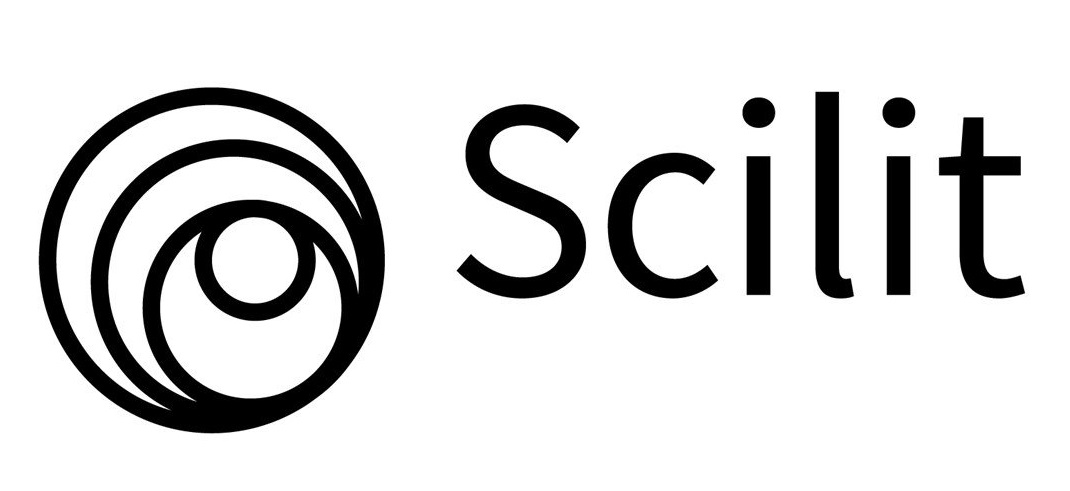تأثير تعدد مصادر المعلومات على مستوى التركيز لدى طلاب الجامعات المصرية: دراسة استقرائية للحد من ظاهرة التشتت المعلوماتي
DOI:
https://doi.org/10.70000/cj.2024.73.623الكلمات المفتاحية:
مصادر المعلومات، مصادر المعلومات الرقمية، التشتت المعلوماتي، الوعي المعلوماتيالملخص
تناولت الدراسة تأثير تعدد مصادر المعلومات على التركيز الذهني لدى طلاب الجامعات المصرية، حيث حاول الباحث تحديد وفهم ظاهرة التشتت المعلوماتي ووضع السُبل المنهجية للتعامل معها بشكل أفضل، ولتحقيق أهداف الدراسة أعتمد الباحث على منهج البحث الوصفي التحليلي من خلال استقصاء واستقراء الدراسات والأبحاث ذات الصلة بموضوع الدراسة، واستخدم الباحث استبانة موجهه لطلاب الجامعات المصرية للتعرف على سلوك الطلاب المعلوماتية وقياس درجة التشتت المعلوماتي لديهم.
ومن النتائج التي خلصت إليها الدراسة انه كلما زاد عدد مصادر المعلومات التي يستخدمها الطلاب زاد لديهم مستويات التشتت، مما يؤثر سلباً على التحصيل الدراسي ويزيد من الشعور بالعبء المعلوماتي الزائد، كما تشير الدراسة إلى أن الطلاب يجدون صعوبة في تحديد المصادر الموثوقة ومعالجة الكم الهائل من المعلومات المتاحة، كما قدمت الدراسة عرضاً لأهم التقنيات والأساليب التي يمكن استخدامها لتحسين التركيز والتحكم في التشتت المعلوماتي.
ومن أهم التوصيات التي نادت إليها الدراسة؛ أهمية تعزيز مهارات القراءة النقدية والتحليلية بين الطلاب، بالإضافة إلى تشجيعهم على الاستفادة من مصادر موثوقة وذات جودة عالية، كما أوصت الدراسة أيضًا بتقديم الدعم الأكاديمي والنفسي للطلاب لتحسين تحمّلهم للضغوطات الدراسية وزيادة مستوى تركيزهم وأدائهم الأكاديمي.
المراجع
Akbar, A., Jabbar, A., Saleem, Q. U. I. A., & Ashiq, M. (2024). Access and use of digital information resources by students with vision impairment: Challenges, prospects and expected role of libraries. International Journal of Disability, Development and Education, 71(2), 189–207.
Allen, D. (2011a). Information behavior and decision making in time‐constrained practice: A dual‐processing perspective. Journal of the American Society for Information Science and Technology, 62(11), 2165–2181.
Allen, D. (2011b). Information behavior and decision making in time‐constrained practice: A dual‐processing perspective. Journal of the American Society for Information Science and Technology, 62(11), 2165–2181.
Aslett, K., Sanderson, Z., Godel, W., Persily, N., Nagler, J., & Tucker, J. A. (2024). Online searches to evaluate misinformation can increase its perceived veracity. Nature, 625(7995), 548–556.
Bawden, D., & Robinson, L. (2009). The dark side of information: overload, anxiety and other paradoxes and pathologies. Journal of Information Science, 35(2), 180–191.
Belabbes, M. A., Ruthven, I., Moshfeghi, Y., & Rasmussen Pennington, D. (2023). Information overload: a concept analysis. Journal of Documentation, 79(1), 144–159.
Bink, A. B. (2020). The Effect of Information Overload on Knowledge Recall and Related Cognitions for an Educational Program Based on the Mental Health First Aid Model.
Boswell, C. (2012). How information scarcity influences the policy agenda: Evidence from UK immigration policy. Governance, 25(3), 367–389.
Bussing, R., & Gary, F. A. (2022). mental Health as the basis of All Health. A Population Health Approach to Health Disparities for Nurses: Care of Vulnerable Populations.
Dai, B., Ali, A., & Wang, H. (2020). Exploring information avoidance intention of social media users: A cognition–affect–conation perspective. Internet Research, 30(5), 1455–1478.
Dean, D., & Webb, C. (2011). Recovering from information overload. Mckinsey Quarterly, 1(1), 80–88.
Division, U. N. S. (2016). GDP and its breakdown at current prices in US Dollars. United Nations New York.
Draosi, M. (2006). Mafhum al-tawazun wa-al-istikrar fi al-fikr al-iqtisadi, maʿ ishara khassa li-al-tawazun al-iqtisadi al-ʿamm li-al-Jazaʾir. Majallat Maʿhad al-ʿUlum al-Iqtisadiyya, vol. 10(no. 1), p.p. 135–154. https://doi.org/https://search.emarefa.net/detail/BIM-981271
Feroz, H. M. B., Zulfiqar, S., Noor, S., & Huo, C. (2022). Examining multiple engagements and their impact on students’ knowledge acquisition: The moderating role of information overload. Journal of Applied Research in Higher Education, 14(1), 366–393.
Kao, G. Y.-M., & Peng, C.-C. (2015). A multi-source book review system for reducing information overload and accommodating individual styles. Library Hi Tech, 33(3), 310–328.
Koltay, T. (2011). Information overload, information architecture and digital literacy. Bulletin of the American Society for Information Science and Technology, 38(1), 33–35.
Lauri, L., Virkus, S., & Heidmets, M. (2021). Information cultures and strategies for coping with information overload: Case of Estonian higher education institutions. Journal of Documentation, 77(2), 518–541.
Mansur. (2023). Taʾthir tasafuh tatbiq TikTok ʿala darajat al-intibah wa-al-tarkiz lada al-shabab al-Suʿudi. Al-Majalla al-Misriyya li-Buhuth al-Raʾy al-ʿAmm, vol. 22(no. 1), 345–381.
Nicholas, J., Daw, N. D., & Shohamy, D. (2022). Uncertainty alters the balance between incremental learning and episodic memory. Elife, 11, e81679.
Plescan, M., & Nestian, A. (2010). Resource Scarcity in the Context of Access to Information in the Knowledge Economy and its Impact on Technological Progresses.
Poirier, L., & Robinson, L. (2014). Informational balance: slow principles in the theory and practice of information behaviour. Journal of Documentation, 70(4), 687–707.
Reitz, J. M. (2017). ODLIS Online dictionary for library and information science. https://odlis.abc-clio.com/odlis_i.html
Roser, M., Ritchie, H., & Ortiz-Ospina, E. (2020). Internet. Published online at OurWorldInData. org.
Savolainen, R. (2007). Filtering and withdrawing strategies for coping with information overload in everyday contexts. Journal of Information Science, 33(5), 611–621.
Savolainen, R. (2015). Cognitive barriers to information seeking: A conceptual analysis. Journal of Information Science, 41(5), 613–623.
Stephen, E. (2024). Perceiving Balance: Exploring Work-Life Balance in School Administrators Through Resource Drain Theory.
Thullen, E. H. (2023). From Information Overload to Knowledge Graphs: An Automatic Information Process Model.
VandenBos, G. R. (2007). APA dictionary of psychology. American Psychological Association.
White, R. A. (2023a). A Qualitative Phenomenological Study of History Doctoral Candidates’ Experiences with Technology and Information Overload. Liberty University.
White, R. A. (2023b). A Qualitative Phenomenological Study of History Doctoral Candidates’ Experiences with Technology and Information Overload. Liberty University.
التنزيلات
الملفات الإضافية
منشور
كيفية الاقتباس
إصدار
القسم
الرخصة
الحقوق الفكرية (c) 2024 Mohamed Safy

هذا العمل مرخص بموجب Creative Commons Attribution 4.0 International License.










